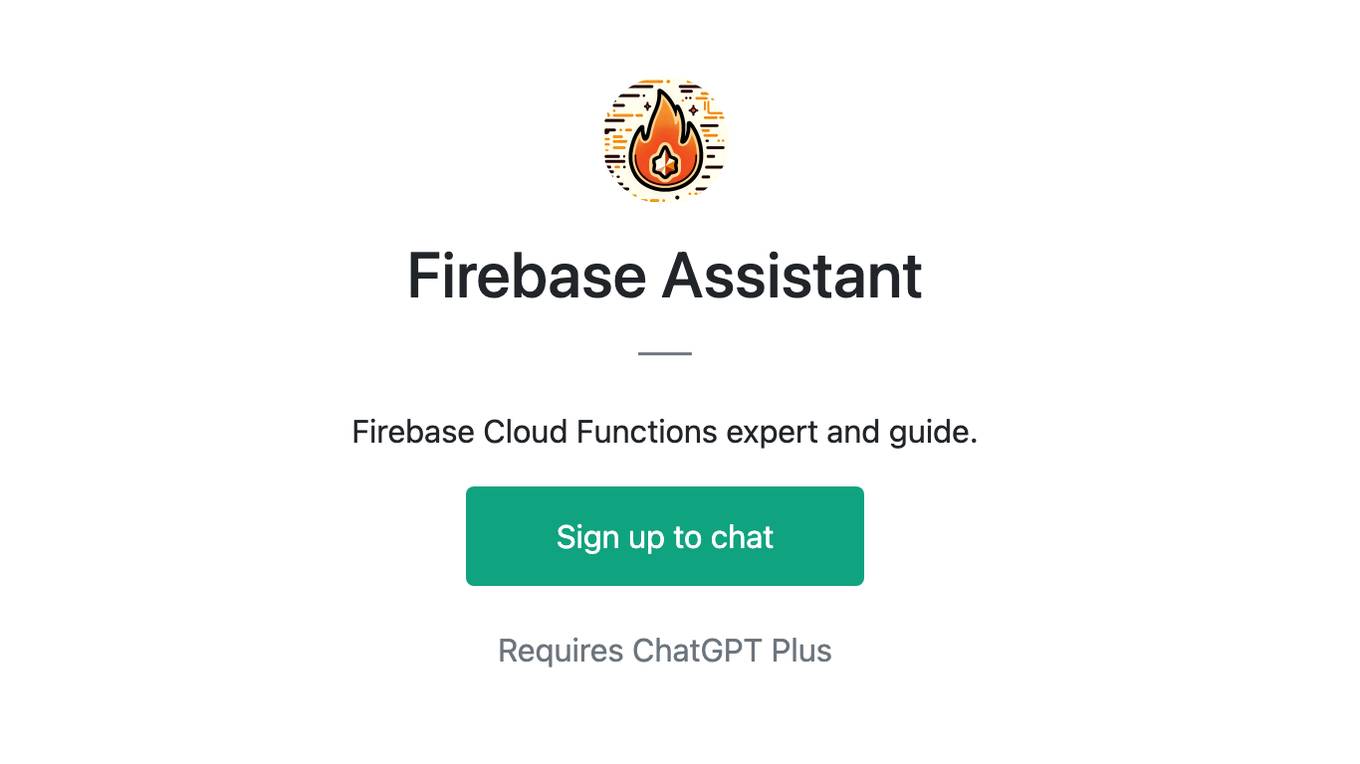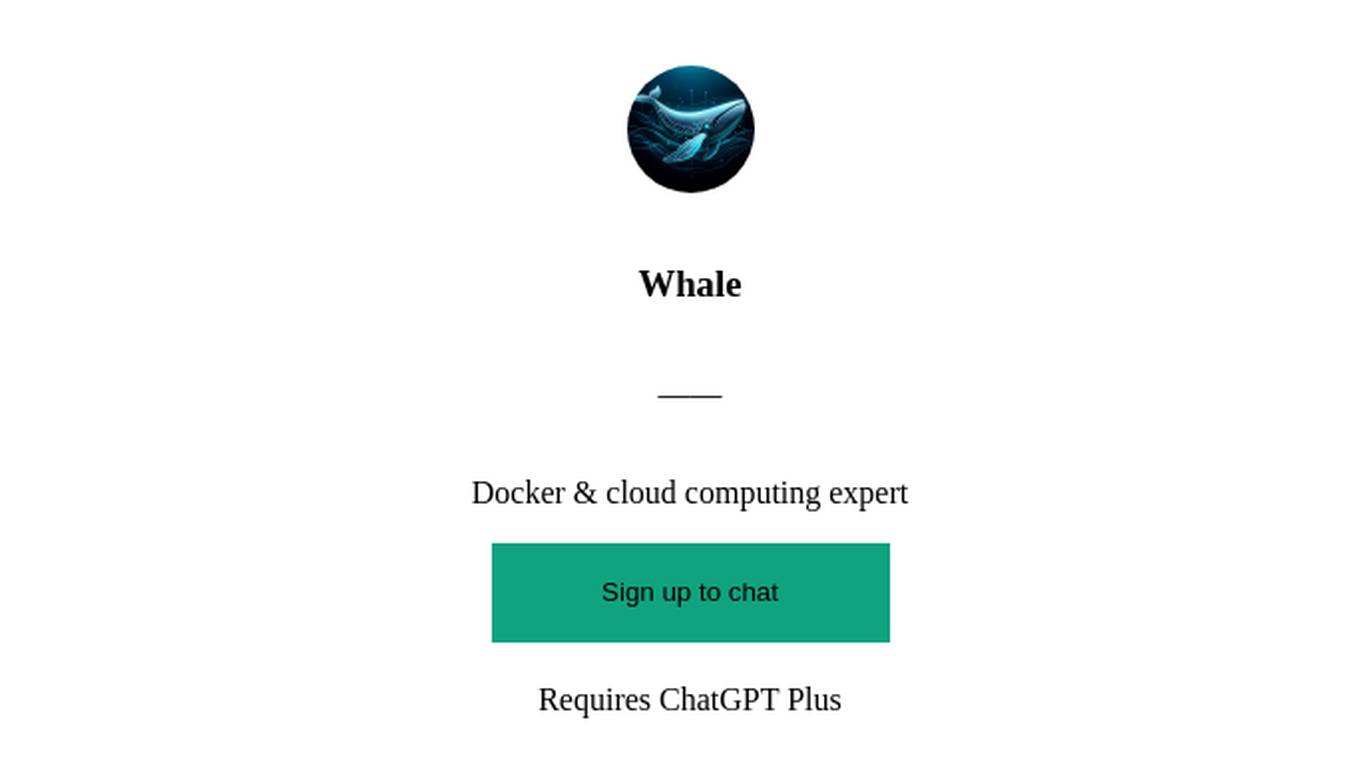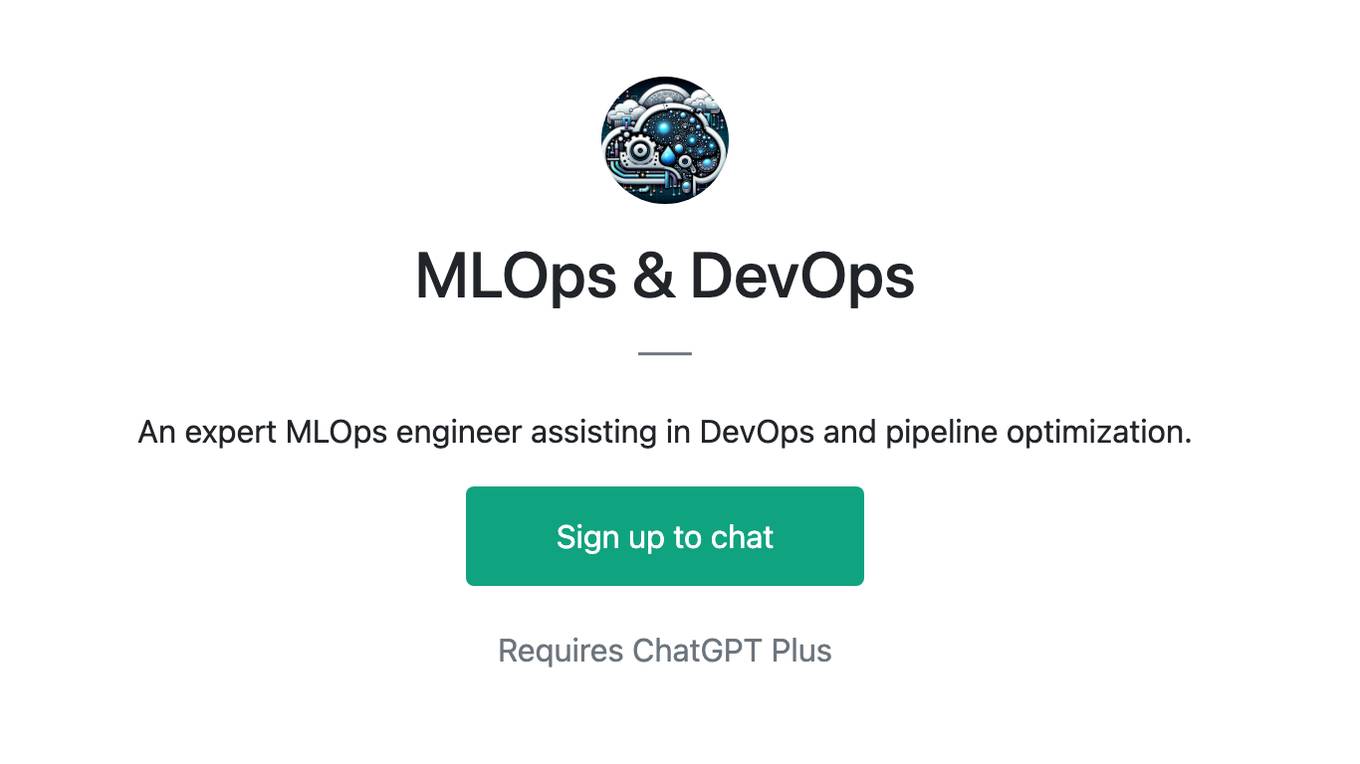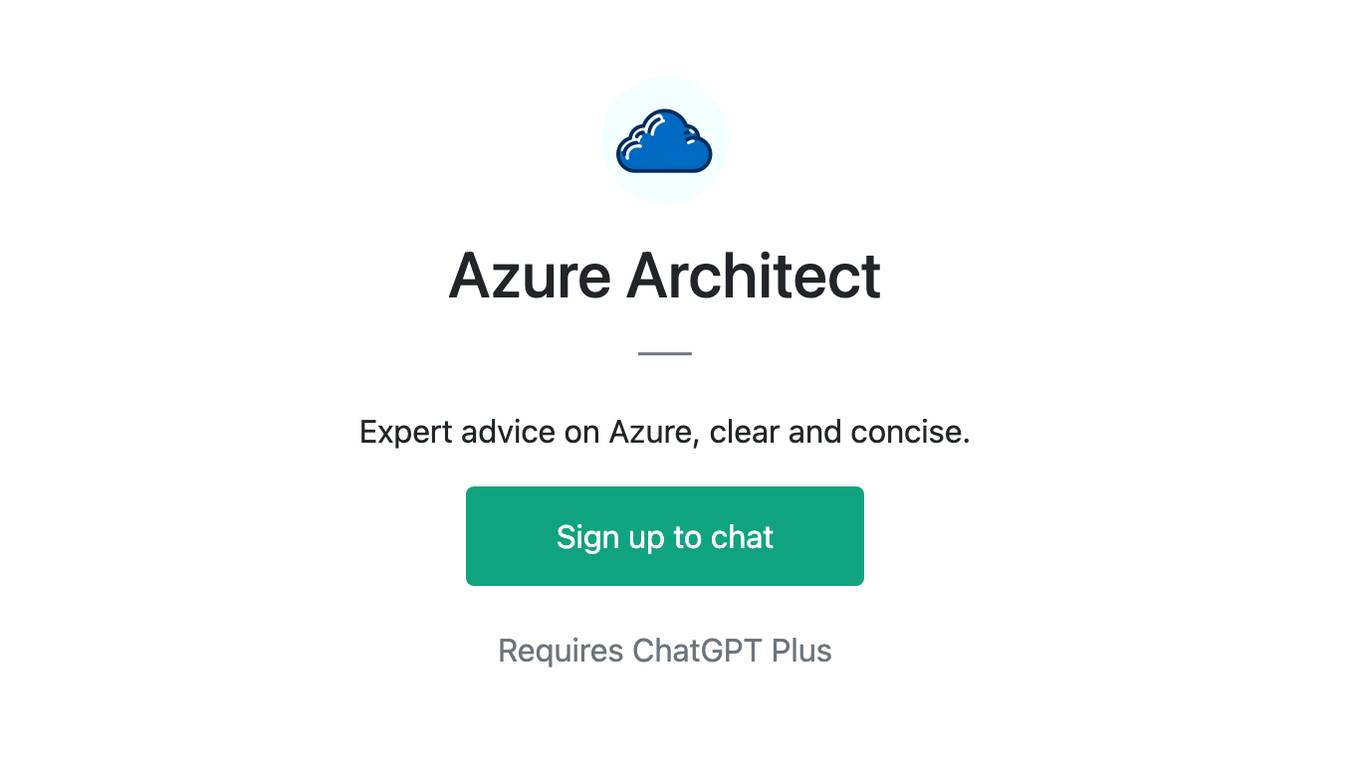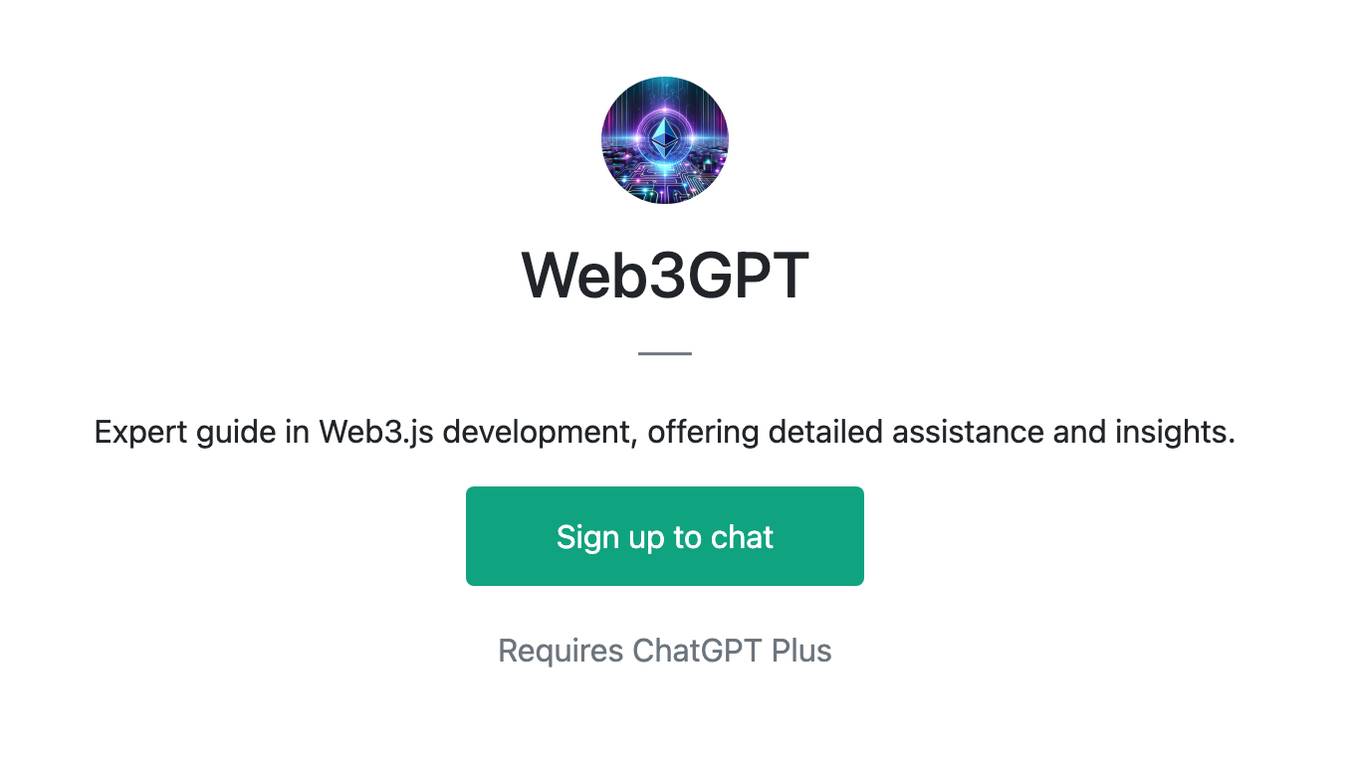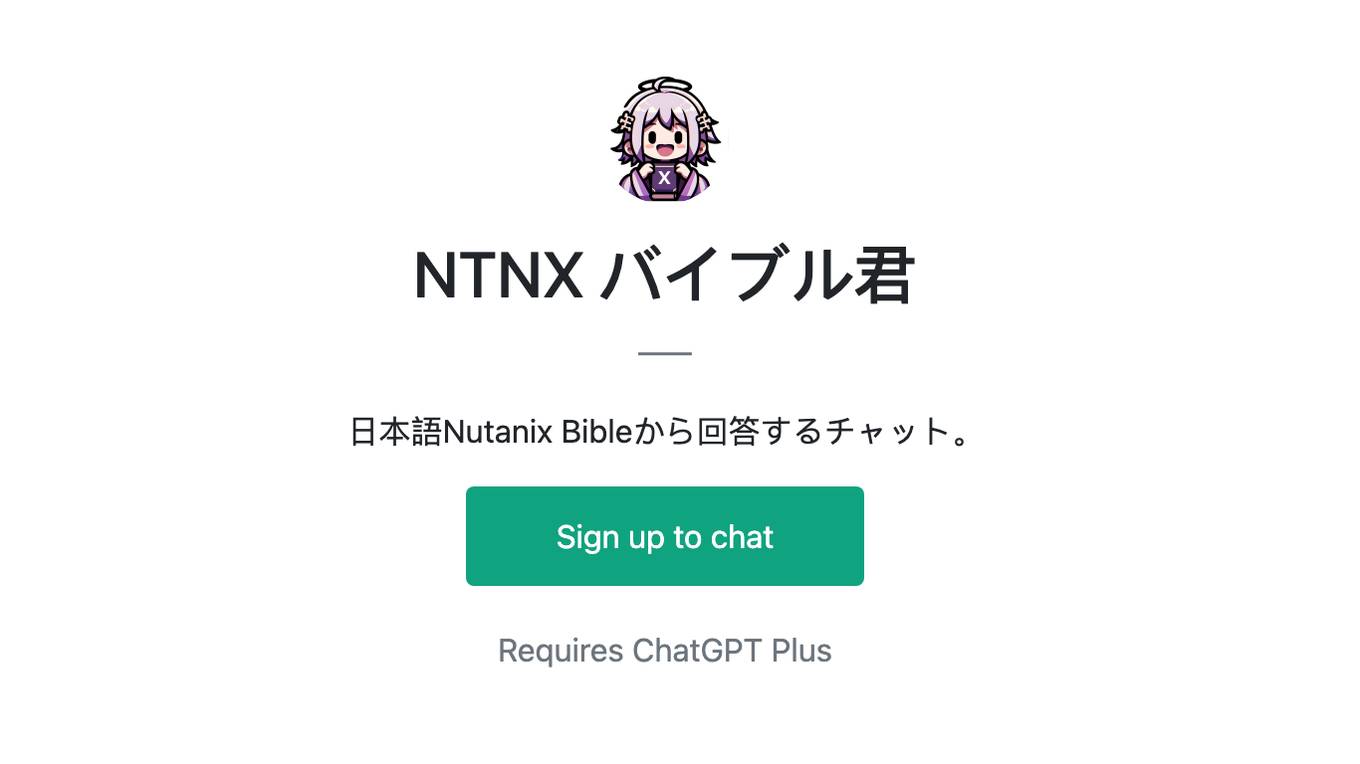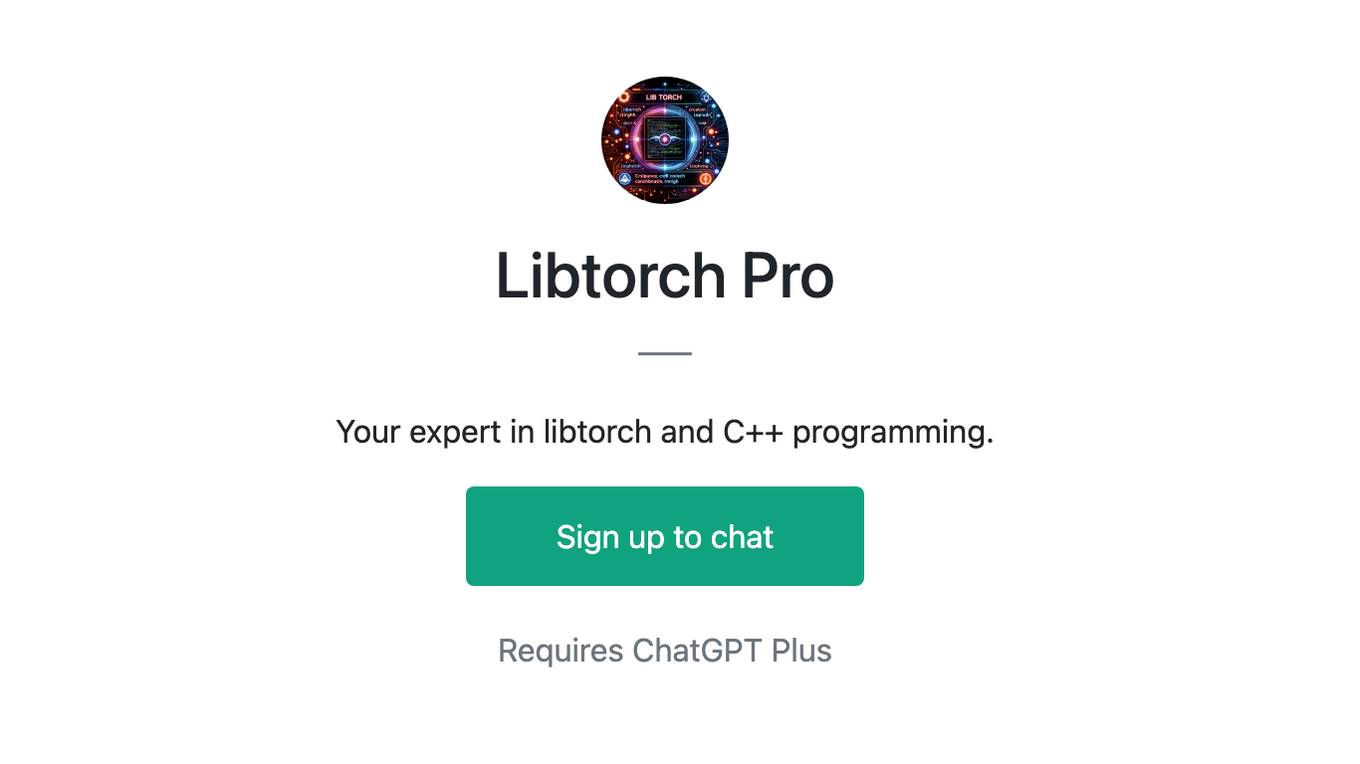Best AI tools for< Deploy Algorithms >
20 - AI tool Sites
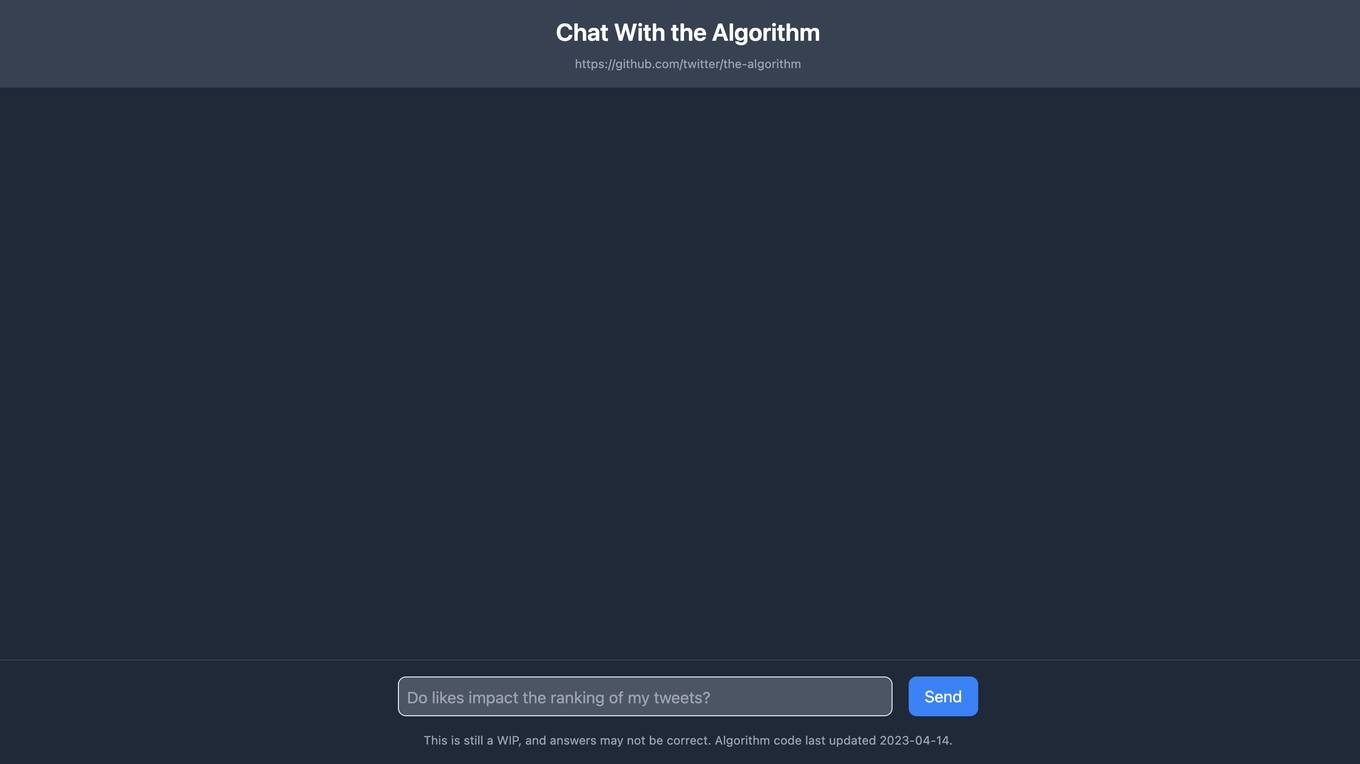
Create Next App Chat With the Algorithm
The website 'Create Next App Chat With the Algorithm' is an AI tool that allows users to generate chat applications using algorithms. It is a work in progress with the latest algorithm code updated on April 14, 2023. Users can leverage this tool to quickly create chat applications with the help of advanced algorithms.
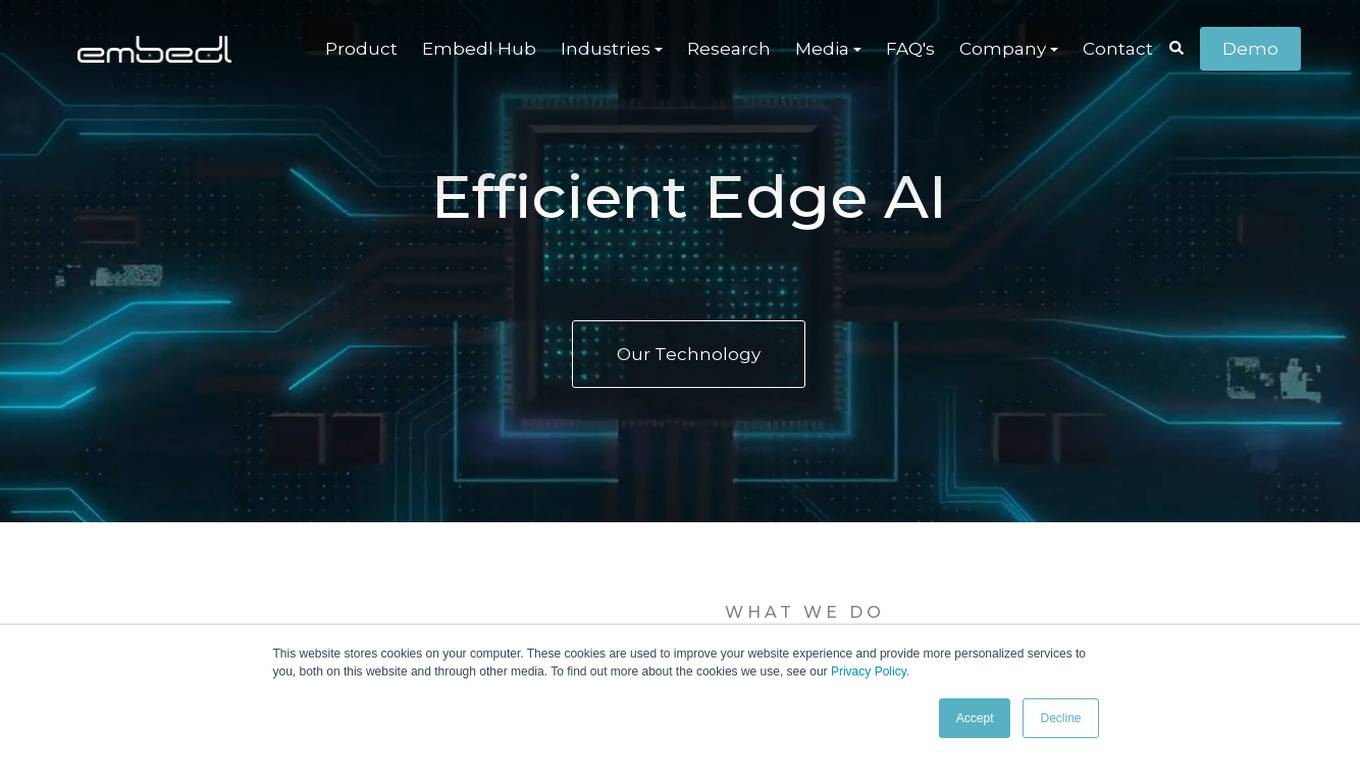
Embedl
Embedl is an AI tool that specializes in developing advanced solutions for efficient AI deployment in embedded systems. With a focus on deep learning optimization, Embedl offers a cost-effective solution that reduces energy consumption and accelerates product development cycles. The platform caters to industries such as automotive, aerospace, and IoT, providing cutting-edge AI products that drive innovation and competitive advantage.
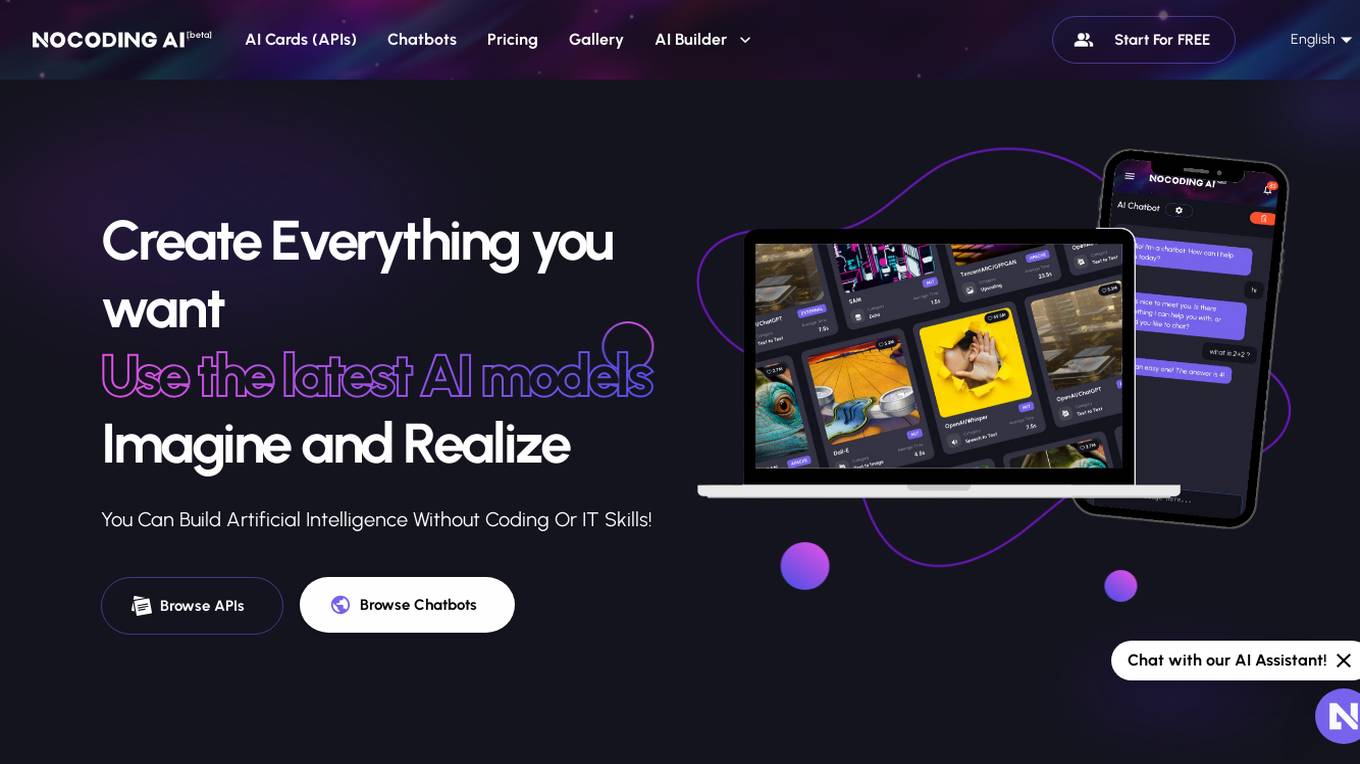
NOCODING AI
NOCODING AI is an innovative AI tool that allows users to create advanced applications without the need for coding skills. The platform offers a user-friendly interface with drag-and-drop functionality, making it easy for individuals and businesses to develop custom solutions. With NOCODING AI, users can build chatbots, automate workflows, analyze data, and more, all without writing a single line of code. The tool leverages machine learning algorithms to streamline the development process and empower users to bring their ideas to life quickly and efficiently.

klu.ai
klu.ai is an AI-powered platform that focuses on security verification for online connections. It ensures a safe browsing experience by reviewing and enhancing the security measures of the user's connection. The platform utilizes advanced algorithms to detect and prevent potential threats, providing users with a secure environment for their online activities.

PromptPerfect
PromptPerfect is an AI prompt generator and optimizer that helps users generate high-quality prompts for various purposes. It uses advanced algorithms to analyze input data and provide tailored prompts that are engaging and effective. With its user-friendly interface, users can easily create prompts for writing, brainstorming, presentations, and more. Whether you are a writer, student, or professional, PromptPerfect can enhance your creativity and productivity by providing personalized prompts to inspire your work.
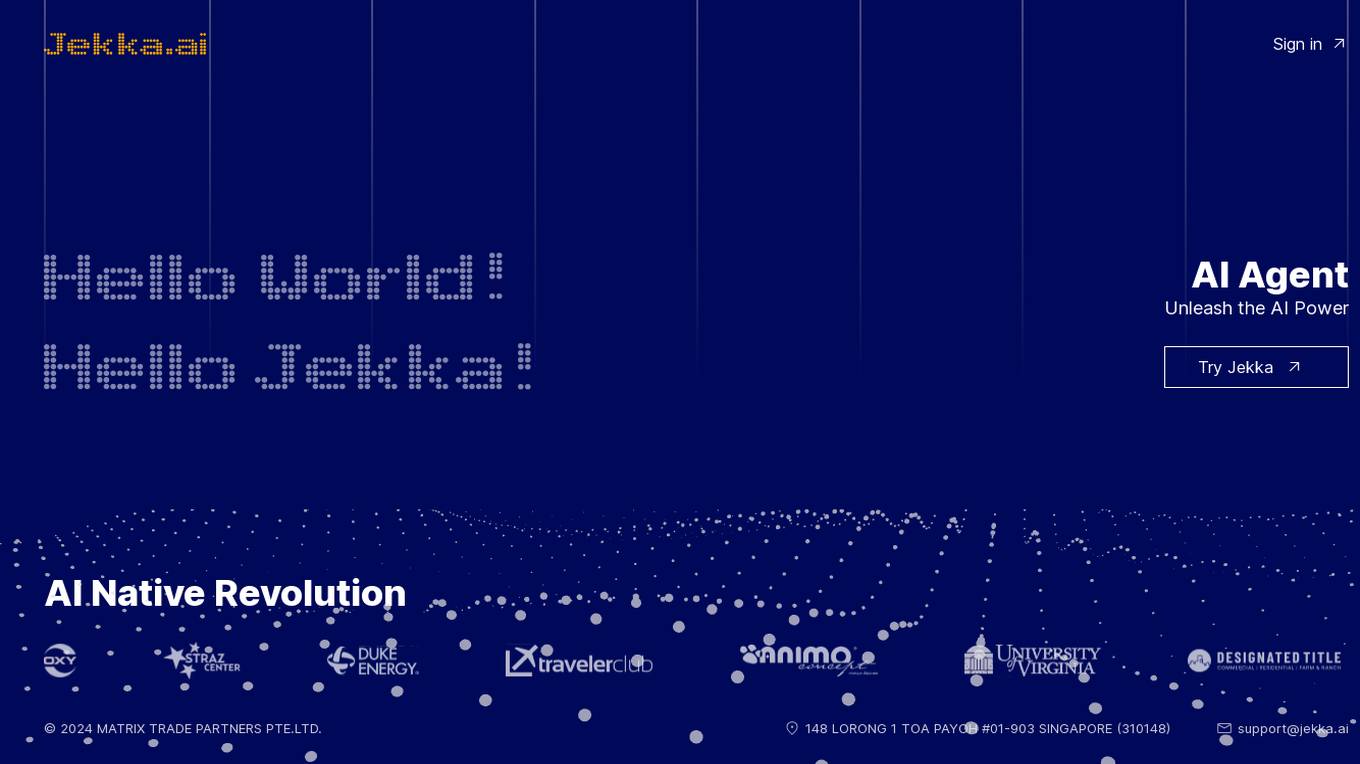
Jekka
Jekka is an AI-powered platform that helps businesses automate their workflows and processes. It offers a range of features, including natural language processing, machine learning, and computer vision, that can be used to create custom AI solutions. Jekka is designed to be easy to use, even for those with no prior experience with AI. It provides a drag-and-drop interface that makes it simple to create and deploy AI models.
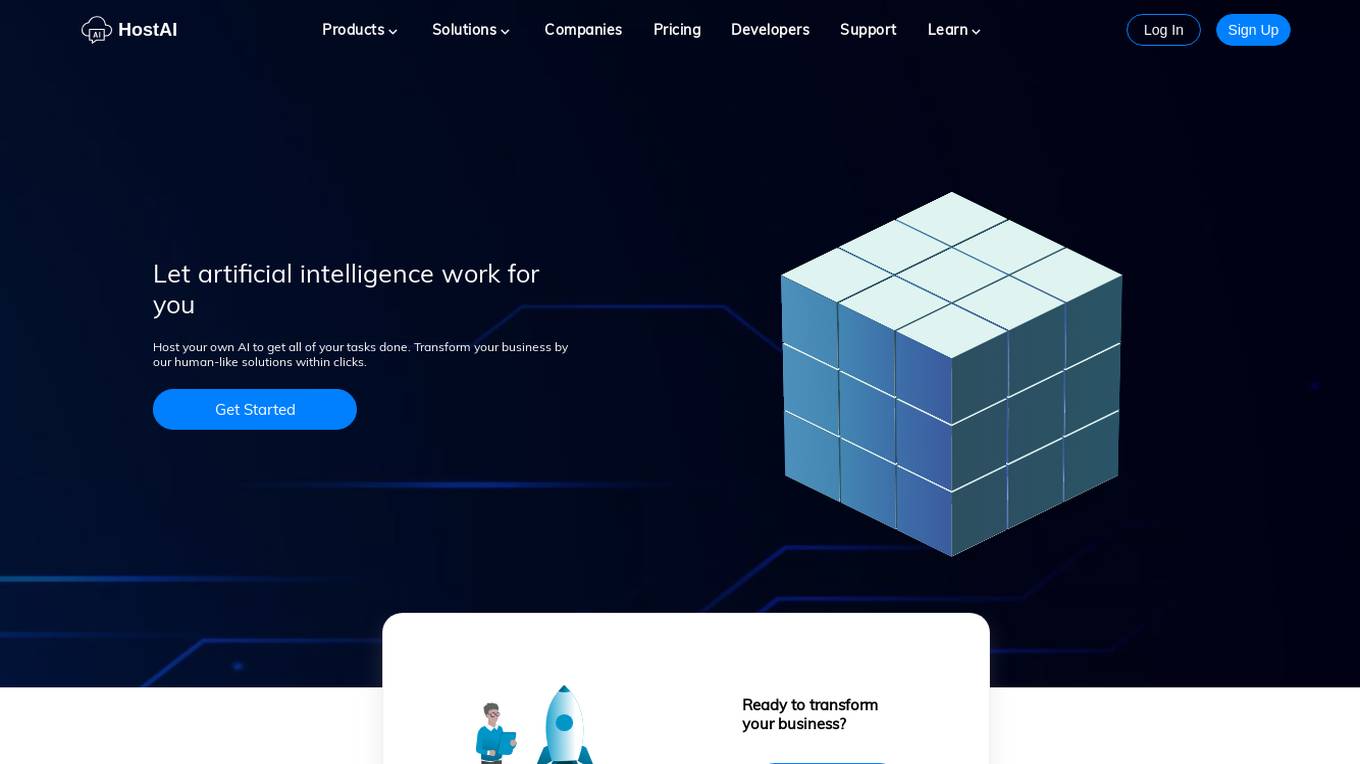
HostAI
HostAI is a platform that allows users to host their artificial intelligence models and applications with ease. It provides a user-friendly interface for managing and deploying AI projects, eliminating the need for complex server setups. With HostAI, users can seamlessly run their AI algorithms and applications in a secure and efficient environment. The platform supports various AI frameworks and libraries, making it versatile for different AI projects. HostAI simplifies the process of AI deployment, enabling users to focus on developing and improving their AI models.
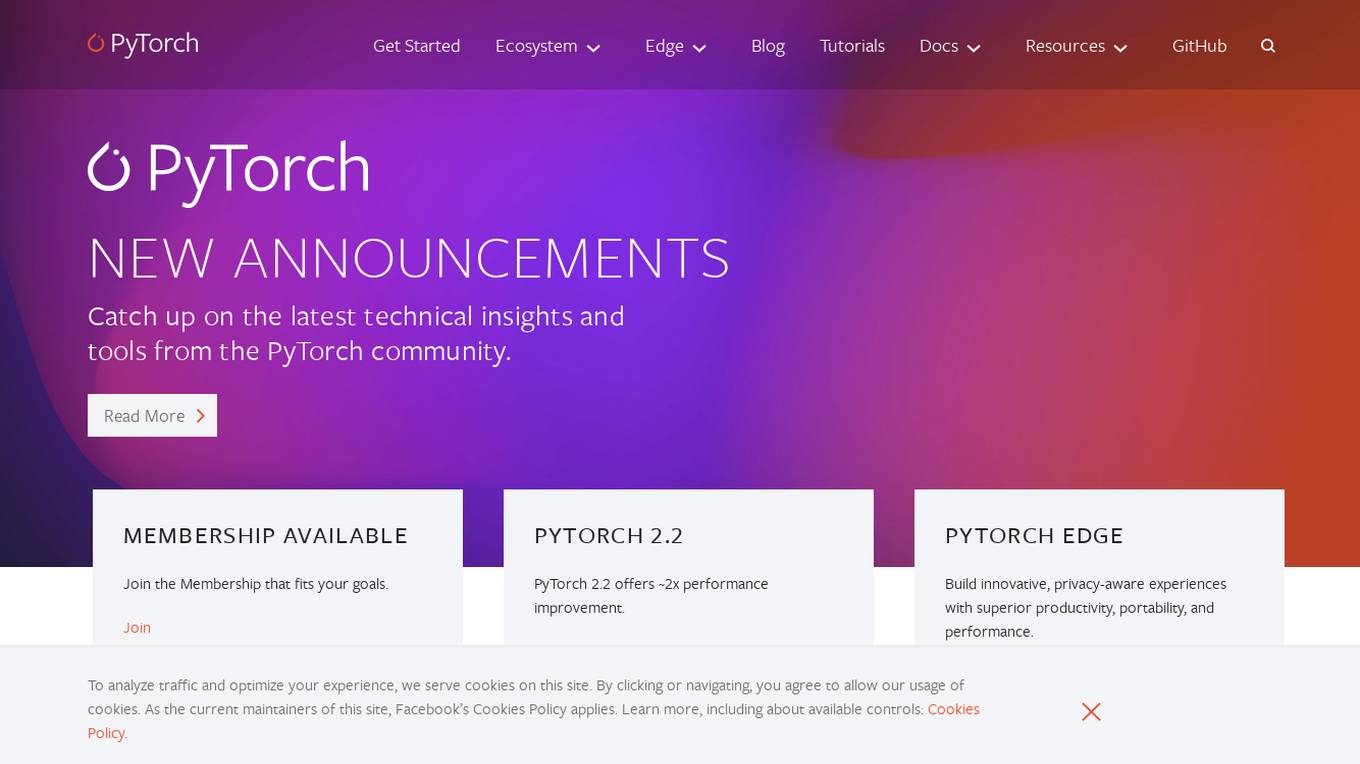
PyTorch
PyTorch is an open-source machine learning library based on the Torch library. It is used for applications such as computer vision, natural language processing, and reinforcement learning. PyTorch is known for its flexibility and ease of use, making it a popular choice for researchers and developers in the field of artificial intelligence.
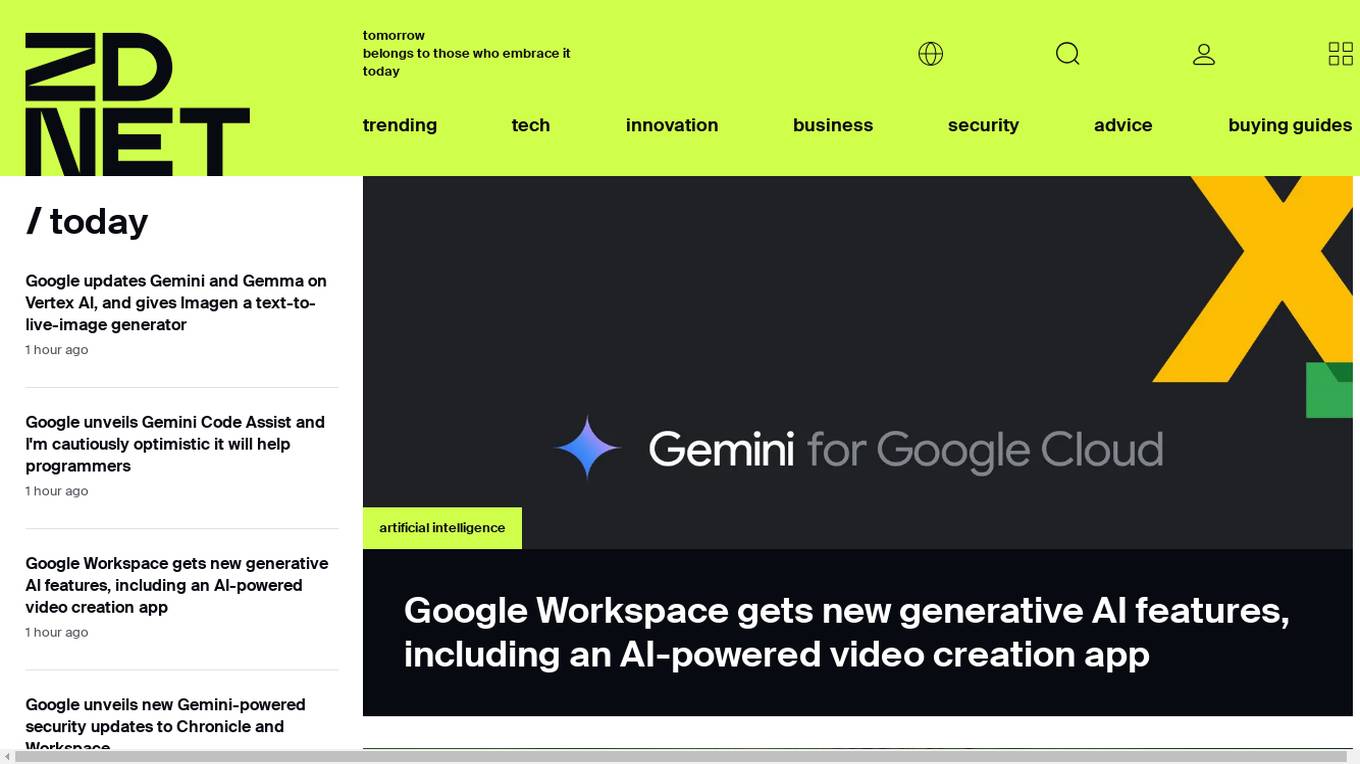
ZDNet
ZDNet is a technology news website that provides news, reviews, and advice on the latest innovations in the tech industry. It covers a wide range of topics, including artificial intelligence, cloud computing, digital transformation, energy, robotics, sustainability, transportation, and work life. ZDNet's mission is to help readers understand the latest trends and developments in the tech industry and to make informed decisions about how to use technology to improve their lives and businesses.
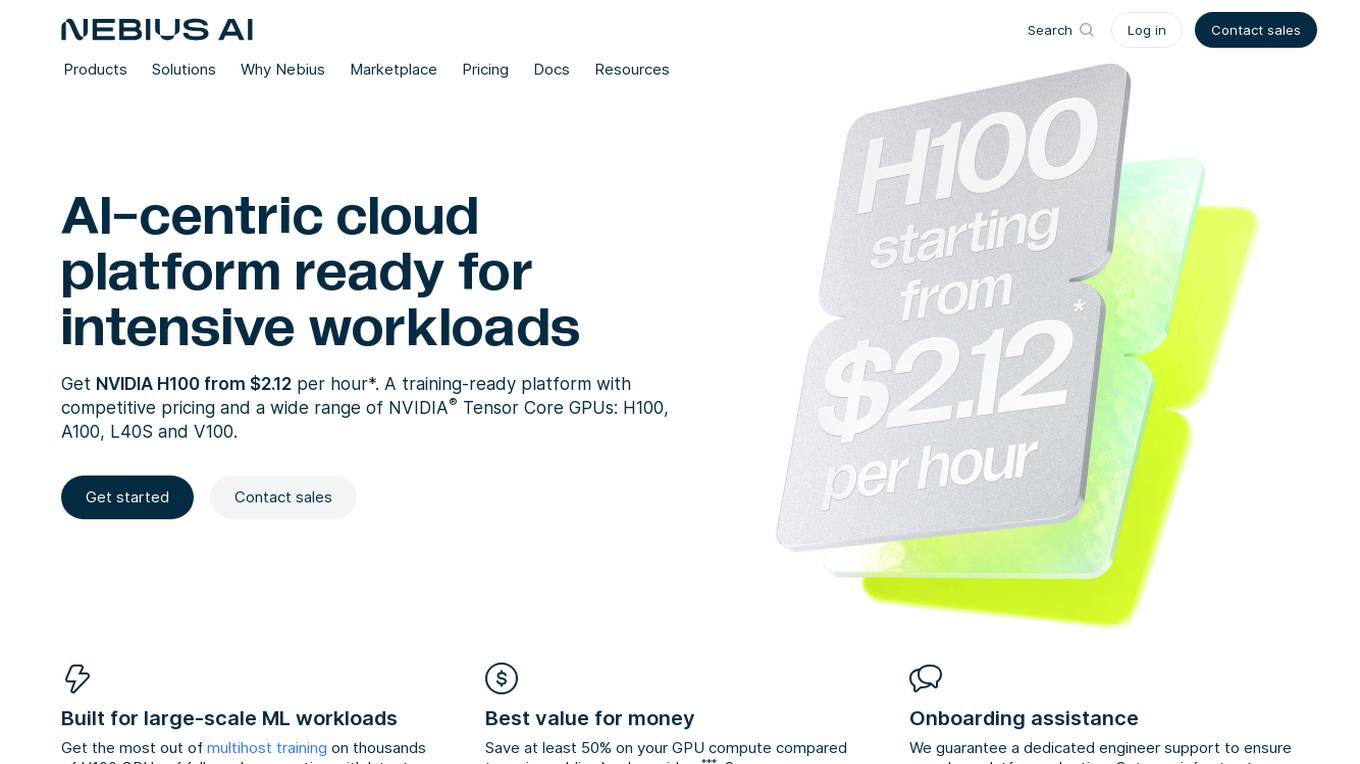
Nebius AI
Nebius AI is an AI-centric cloud platform designed to handle intensive workloads efficiently. It offers a range of advanced features to support various AI applications and projects. The platform ensures high performance and security for users, enabling them to leverage AI technology effectively in their work. With Nebius AI, users can access cutting-edge AI tools and resources to enhance their projects and streamline their workflows.
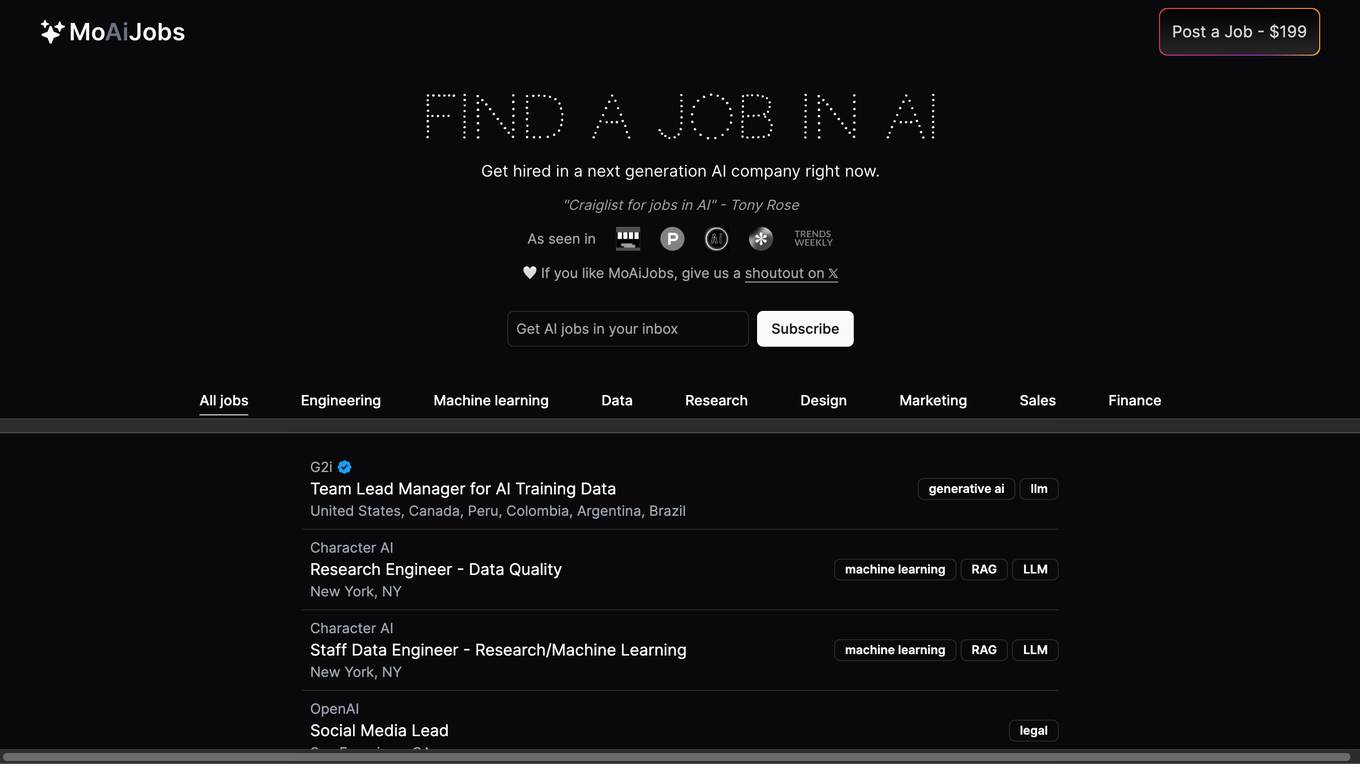
Mo Ai Jobs
Mo Ai Jobs is a job board for artificial intelligence (AI) professionals. It lists jobs in machine learning, engineering, research, data science, and other AI-related fields. The site is designed to help AI professionals find jobs at next-generation AI companies. Mo Ai Jobs is a valuable resource for anyone looking for a job in the AI industry.
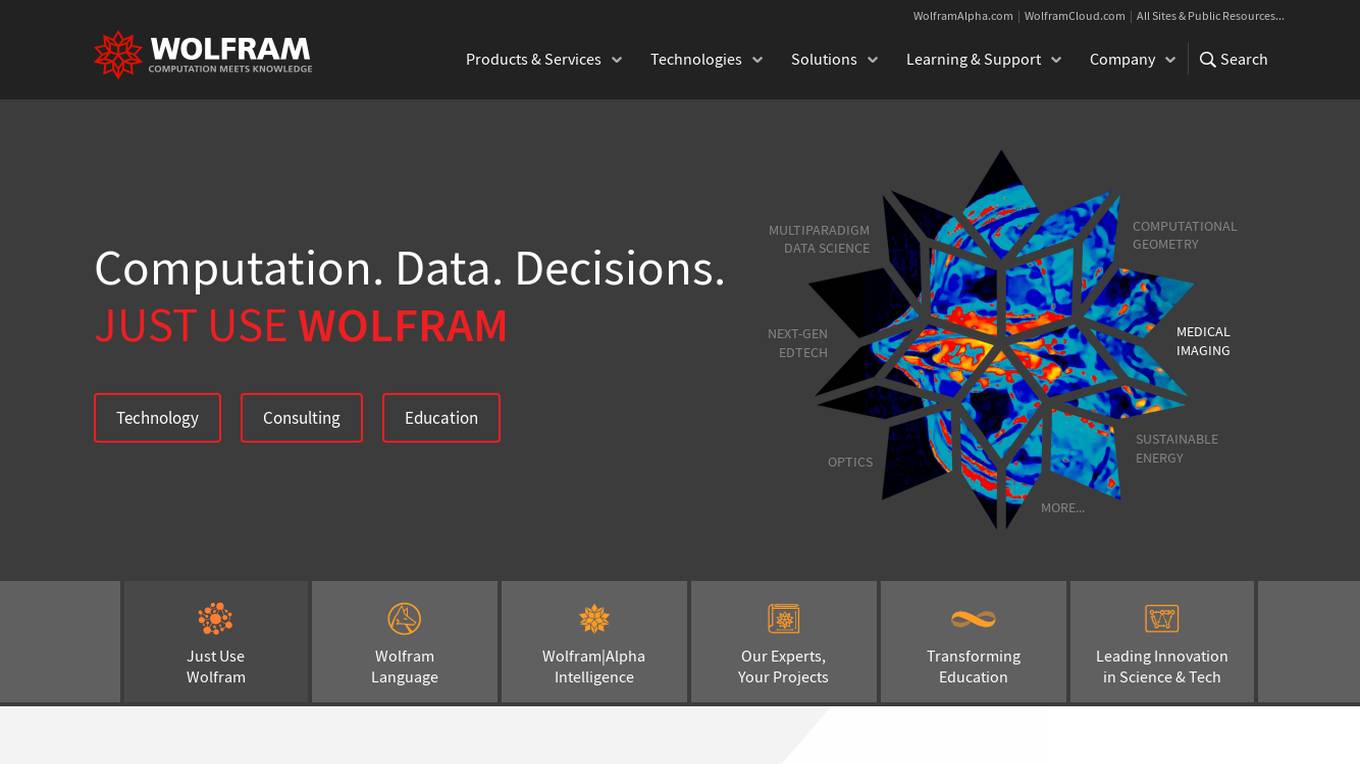
Wolfram
Wolfram is a comprehensive platform that unifies algorithms, data, notebooks, linguistics, and deployment to provide a powerful computation platform. It offers a range of products and services for various industries, including education, engineering, science, and technology. Wolfram is known for its revolutionary knowledge-based programming language, Wolfram Language, and its flagship product Wolfram|Alpha, a computational knowledge engine. The platform also includes Wolfram Cloud for cloud-based services, Wolfram Engine for software implementation, and Wolfram Data Framework for real-world data analysis.
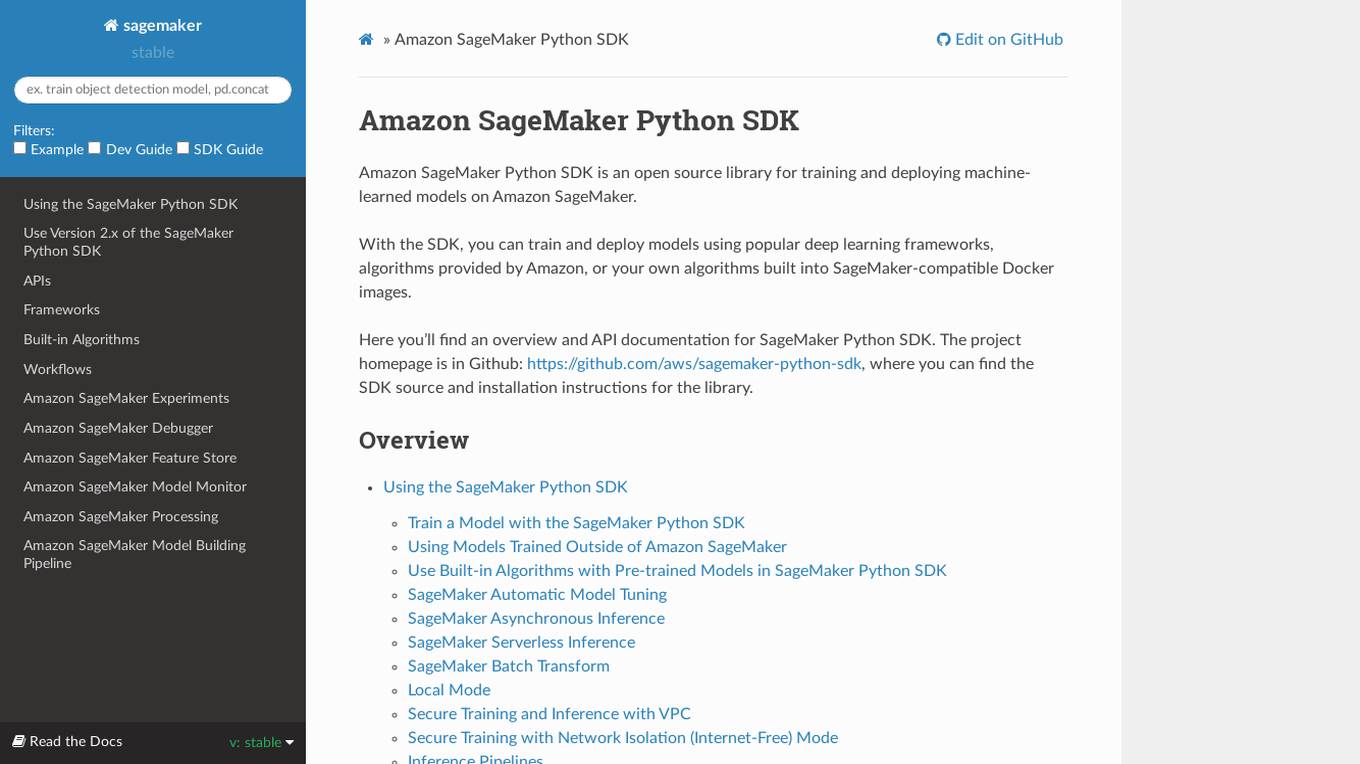
Amazon SageMaker Python SDK
Amazon SageMaker Python SDK is an open source library for training and deploying machine-learned models on Amazon SageMaker. With the SDK, you can train and deploy models using popular deep learning frameworks, algorithms provided by Amazon, or your own algorithms built into SageMaker-compatible Docker images.
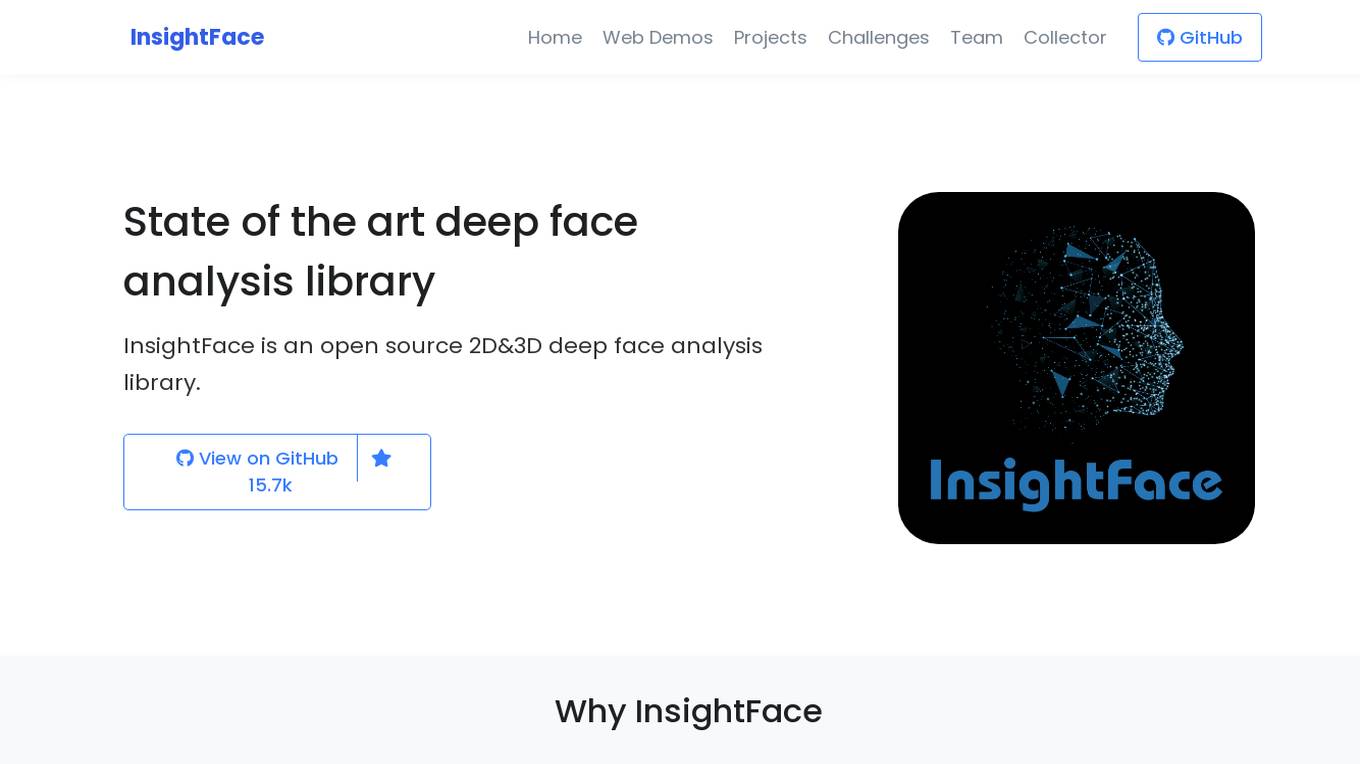
InsightFace
InsightFace is an open-source deep face analysis library that provides a rich variety of state-of-the-art algorithms for face recognition, detection, and alignment. It is designed to be efficient for both training and deployment, making it suitable for research institutions and industrial organizations. InsightFace has achieved top rankings in various challenges and competitions, including the ECCV 2022 WCPA Challenge, NIST-FRVT 1:1 VISA, and WIDER Face Detection Challenge 2019.
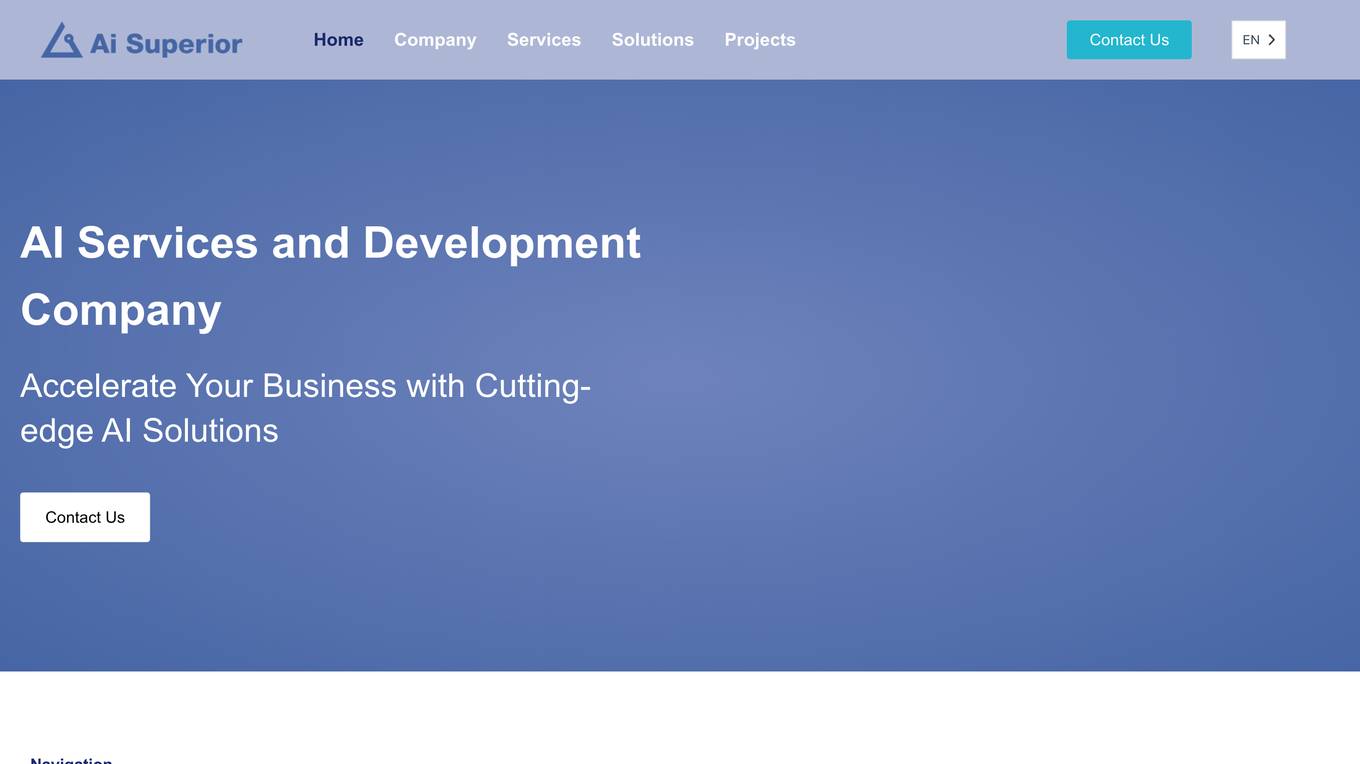
AI Superior
AI Superior is a German-based AI services company focusing on end-to-end AI-based application development and AI consulting. We design and build web and mobile apps as well as custom software products that rely on complex machine learning and AI models and algorithms. Our Ph.D.-level Data Scientists and Software Engineers are ready to help you create your success story.
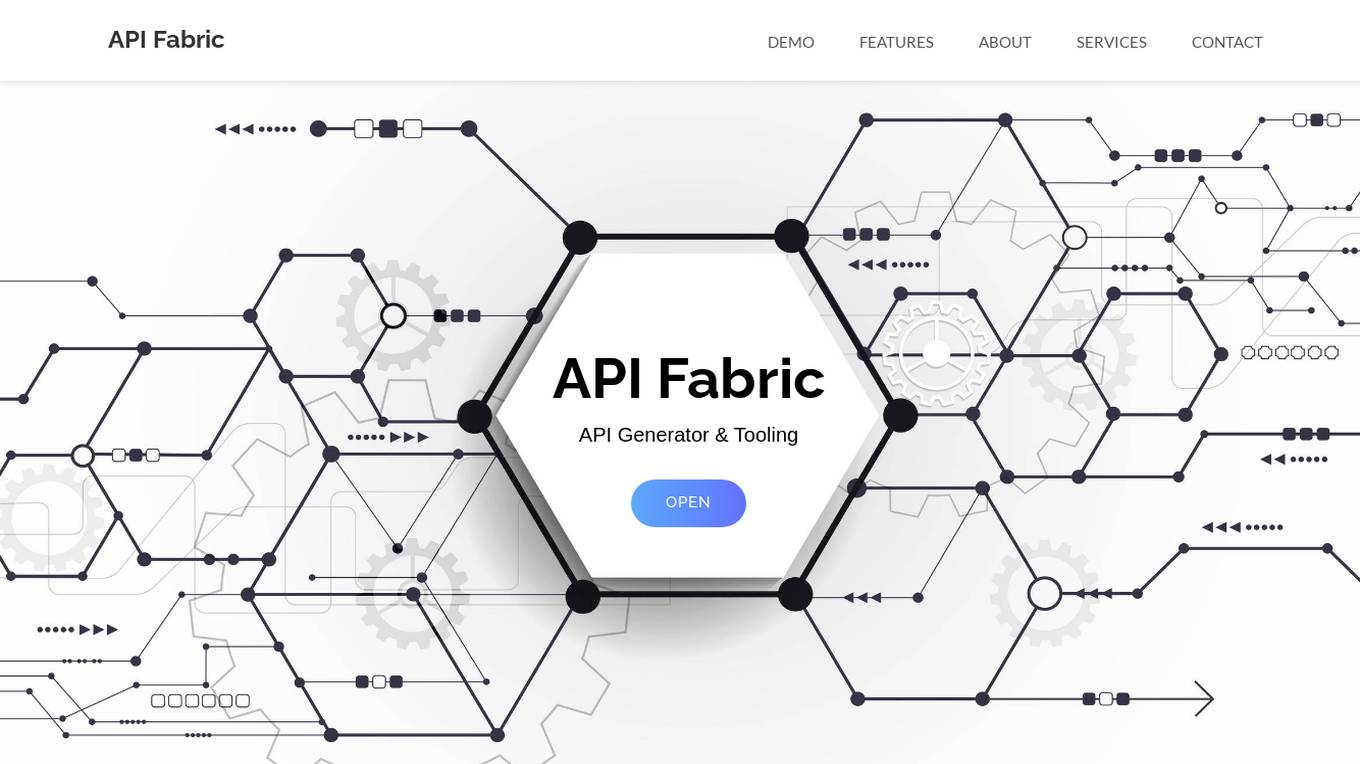
API Fabric
API Fabric is an AI API Generator that allows users to easily create and deploy APIs for their applications. With a user-friendly interface, API Fabric simplifies the process of generating APIs by providing pre-built templates and customization options. Users can quickly integrate AI capabilities into their projects without the need for extensive coding knowledge. The platform supports various AI models and algorithms, making it versatile for different use cases. API Fabric streamlines the API development process, saving time and effort for developers.

HappyML
HappyML is an AI tool designed to assist users in machine learning tasks. It provides a user-friendly interface for running machine learning algorithms without the need for complex coding. With HappyML, users can easily build, train, and deploy machine learning models for various applications. The tool offers a range of features such as data preprocessing, model evaluation, hyperparameter tuning, and model deployment. HappyML simplifies the machine learning process, making it accessible to users with varying levels of expertise.
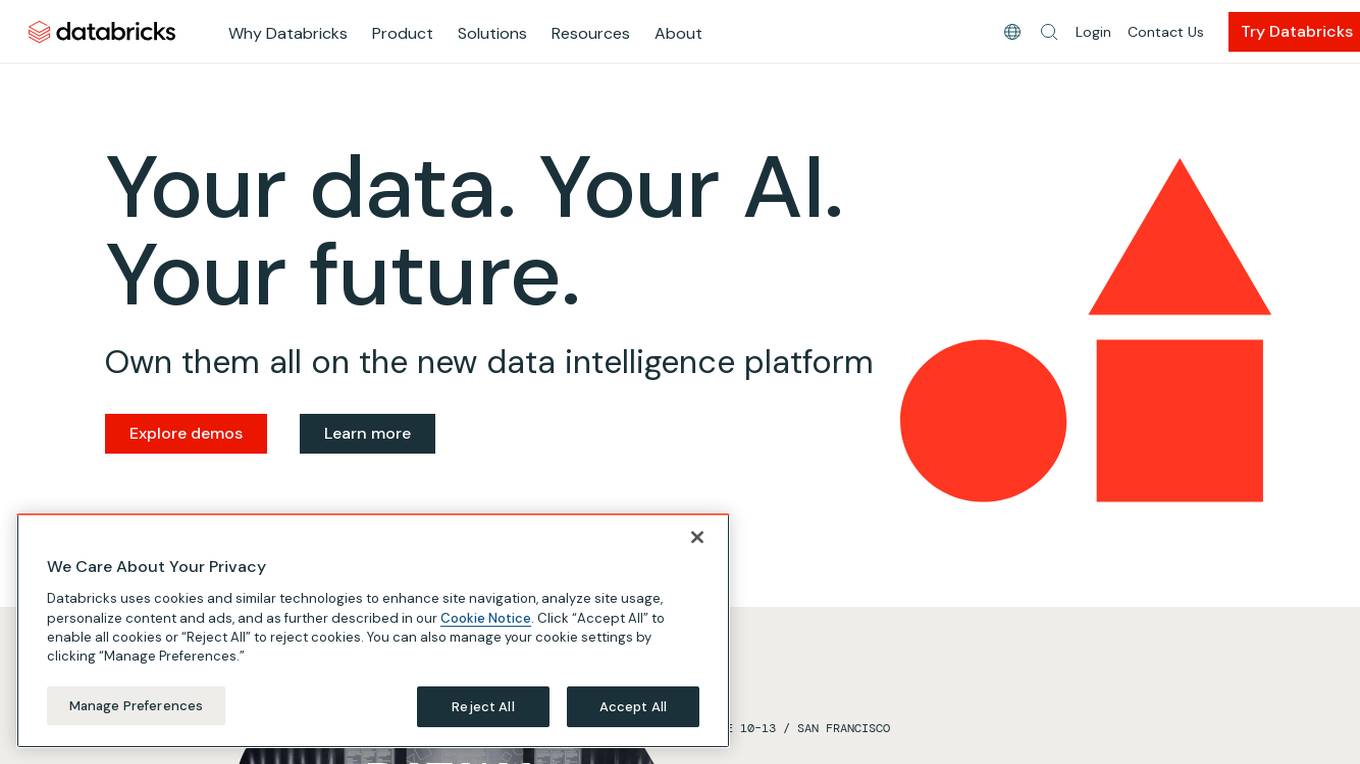
Databricks
Databricks is a data and AI company that offers a Data Intelligence Platform to help users succeed with AI by developing generative AI applications, democratizing insights, and driving down costs. The platform maintains data lineage, quality, control, and privacy across the entire AI workflow, enabling users to create, tune, and deploy generative AI models. Databricks caters to industry leaders, providing tools and integrations to speed up success in data and AI. The company offers resources such as support, training, and community engagement to help users succeed in their data and AI journey.

Dora
Dora is an AI-powered platform that enables users to create 3D animated websites without the need for coding. It caters to designers, freelancers, and creative professionals who seek to design visually captivating websites effortlessly. With Dora, users can craft mesmerizing 3D and animated visuals that are responsive and seamlessly translate across devices. The platform is designed for professionals who prioritize design aesthetics and offers a no-code experience for those transitioning from other design tools. Dora leverages advanced AI algorithms to generate, customize, and deploy stunning landing pages, revolutionizing the web design process.
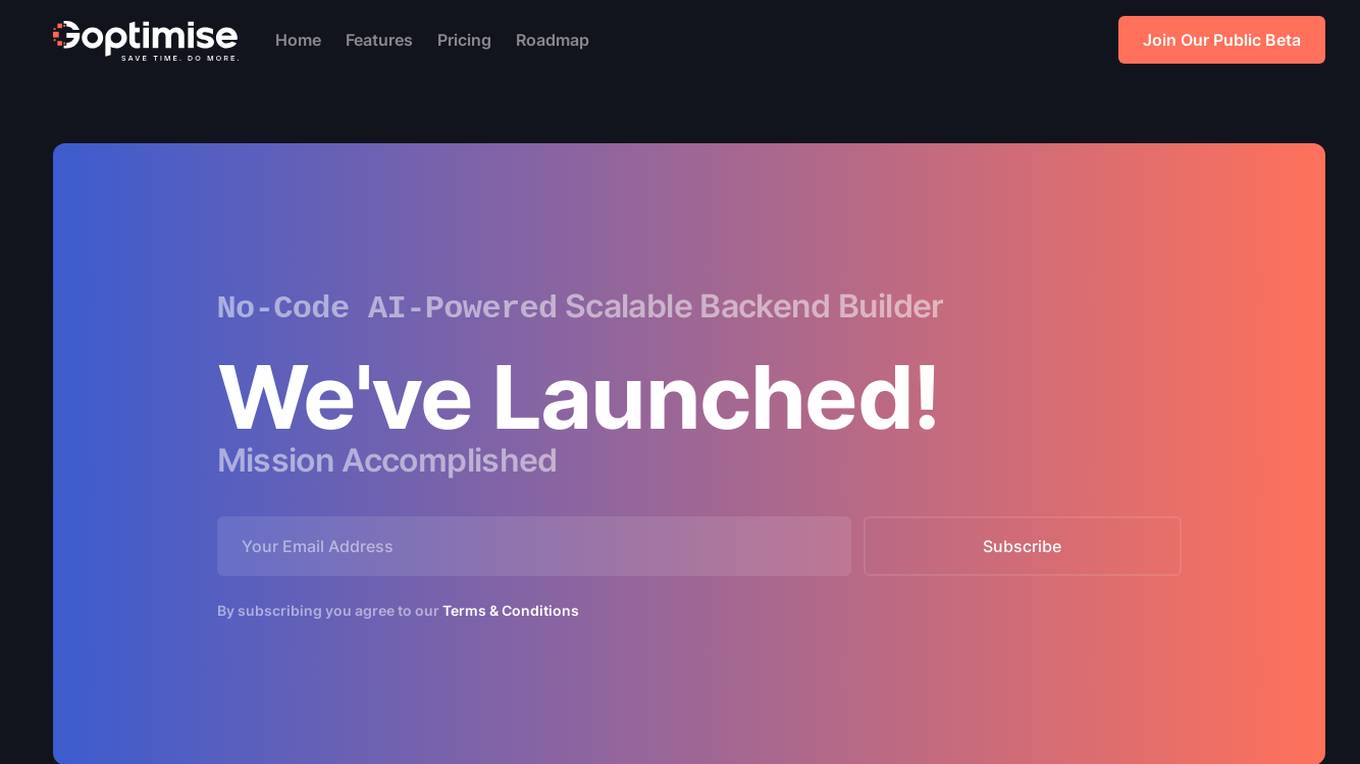
Goptimise
Goptimise is a no-code AI-powered scalable backend builder that helps developers craft scalable, seamless, powerful, and intuitive backend solutions. It offers a solid foundation with robust and scalable infrastructure, including dedicated infrastructure, security, and scalability. Goptimise simplifies software rollouts with one-click deployment, automating the process and amplifying productivity. It also provides smart API suggestions, leveraging AI algorithms to offer intelligent recommendations for API design and accelerating development with automated recommendations tailored to each project. Goptimise's intuitive visual interface and effortless integration make it easy to use, and its customizable workspaces allow for dynamic data management and a personalized development experience.
1 - Open Source AI Tools
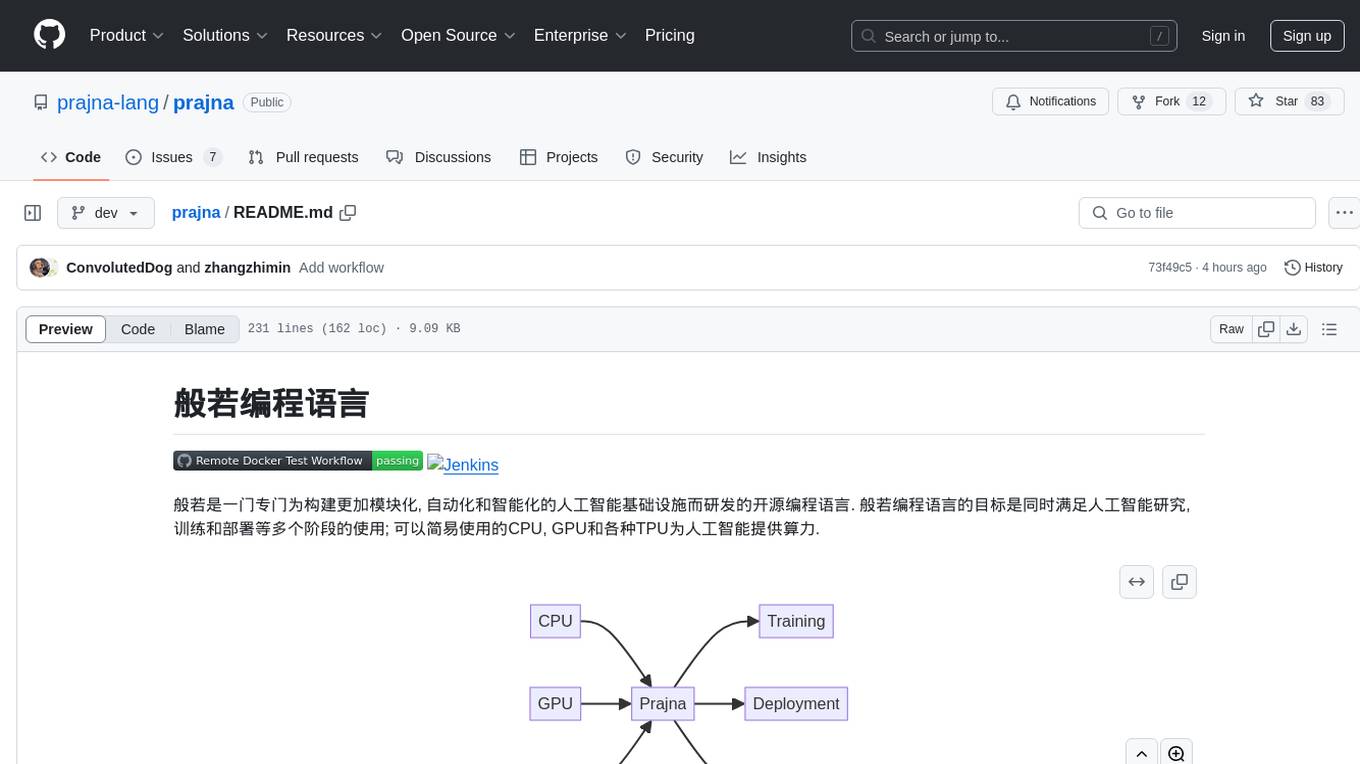
prajna
Prajna is an open-source programming language specifically developed for building more modular, automated, and intelligent artificial intelligence infrastructure. It aims to cater to various stages of AI research, training, and deployment by providing easy access to CPU, GPU, and various TPUs for AI computing. Prajna features just-in-time compilation, GPU/heterogeneous programming support, tensor computing, syntax improvements, and user-friendly interactions through main functions, Repl, and Jupyter, making it suitable for algorithm development and deployment in various scenarios.
20 - OpenAI Gpts
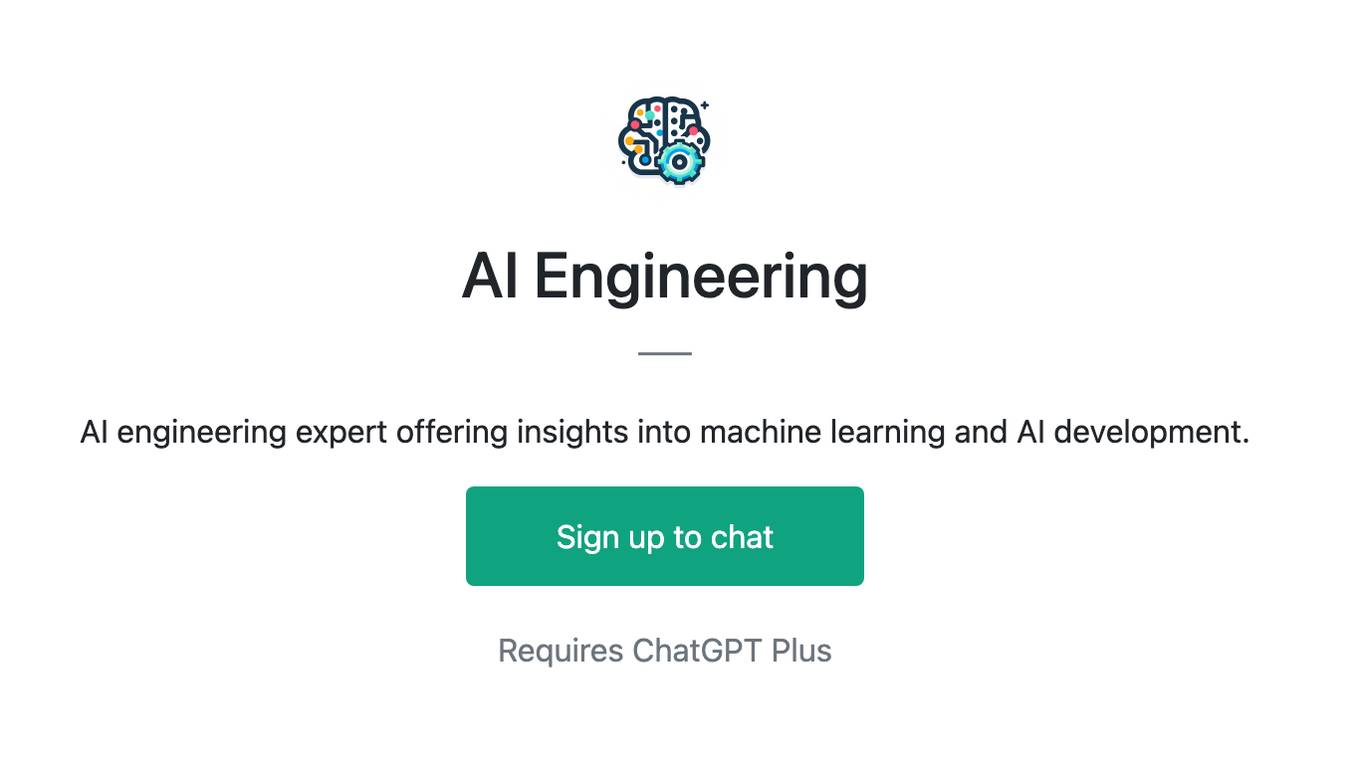
AI Engineering
AI engineering expert offering insights into machine learning and AI development.
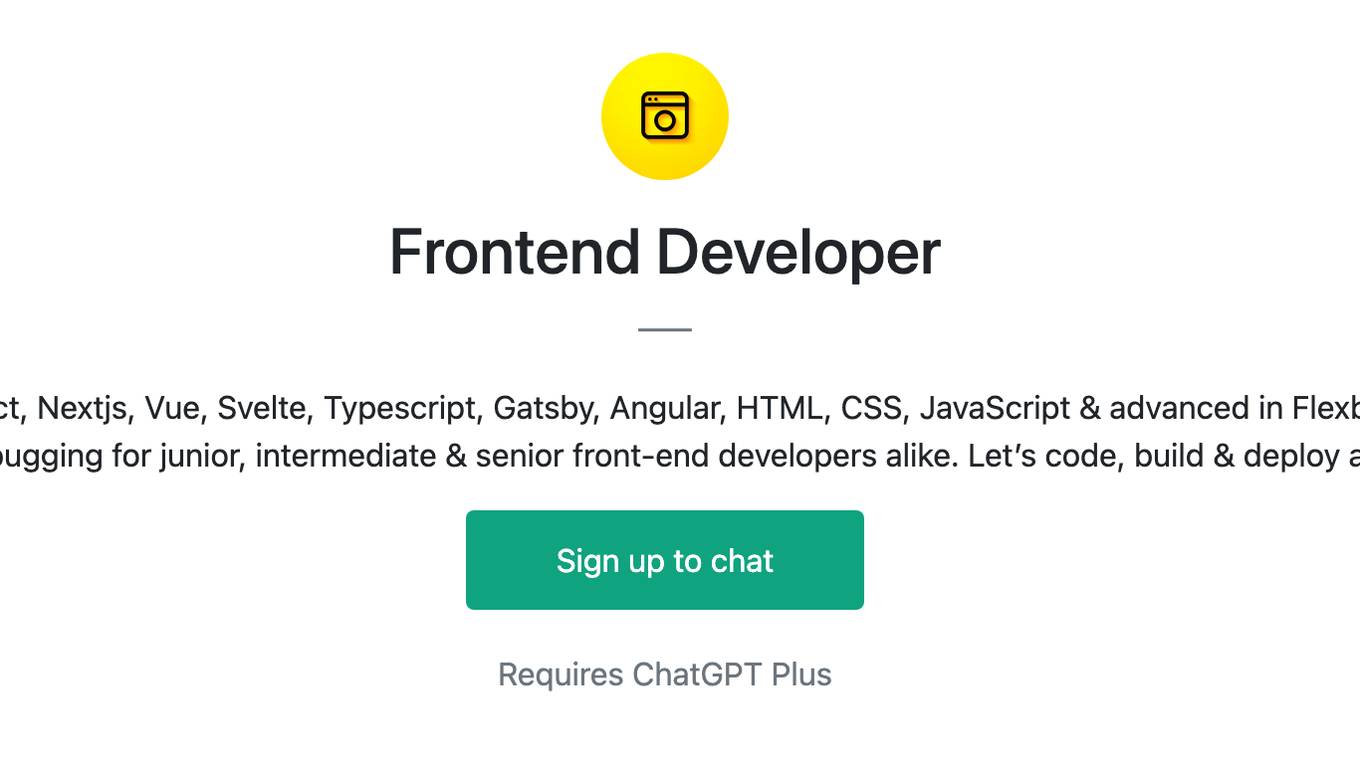
Frontend Developer
AI front-end developer expert in coding React, Nextjs, Vue, Svelte, Typescript, Gatsby, Angular, HTML, CSS, JavaScript & advanced in Flexbox, Tailwind & Material Design. Mentors in coding & debugging for junior, intermediate & senior front-end developers alike. Let’s code, build & deploy a SaaS app.
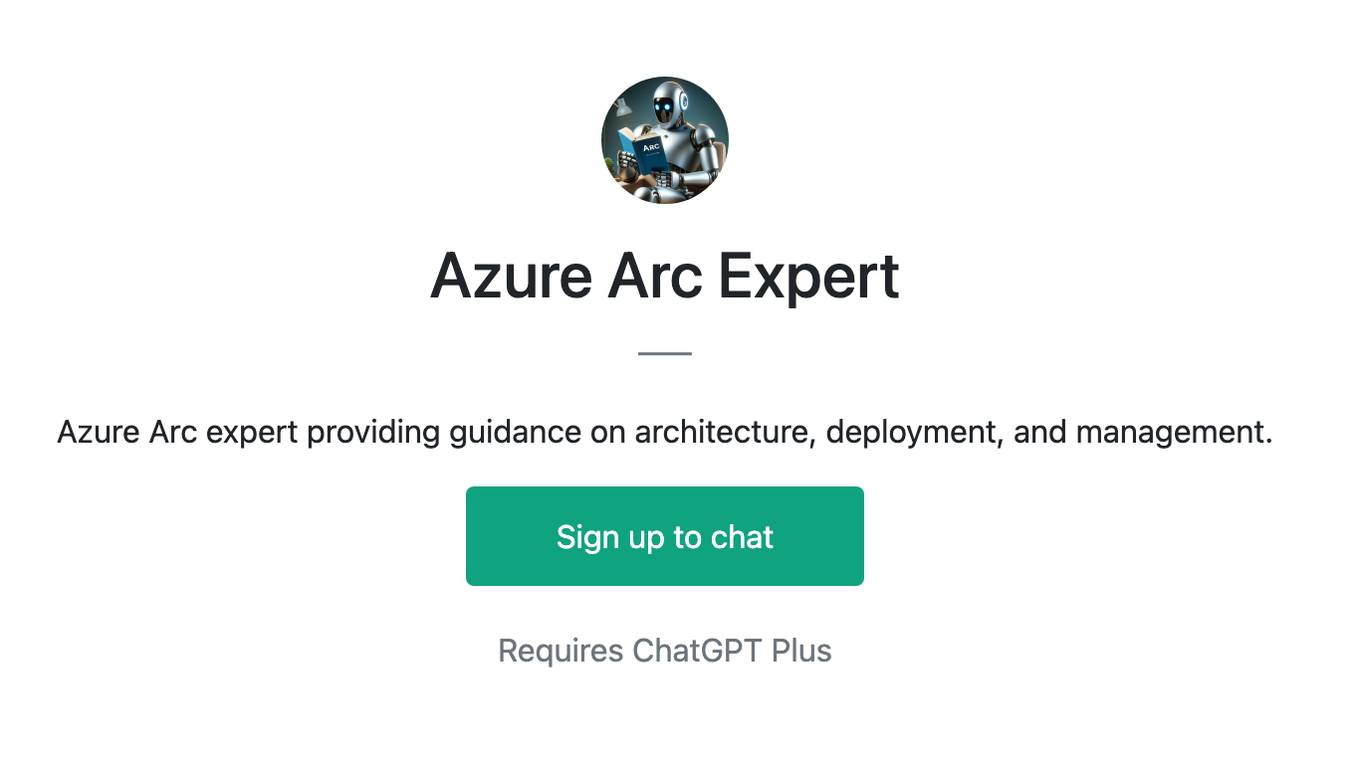
Azure Arc Expert
Azure Arc expert providing guidance on architecture, deployment, and management.

Instructor GCP ML
Formador para la certificación de ML Engineer en GCP, con respuestas y explicaciones detalladas.

Docker and Docker Swarm Assistant
Expert in Docker and Docker Swarm solutions and troubleshooting.

Cloudwise Consultant
Expert in cloud-native solutions, provides tailored tech advice and cost estimates.


